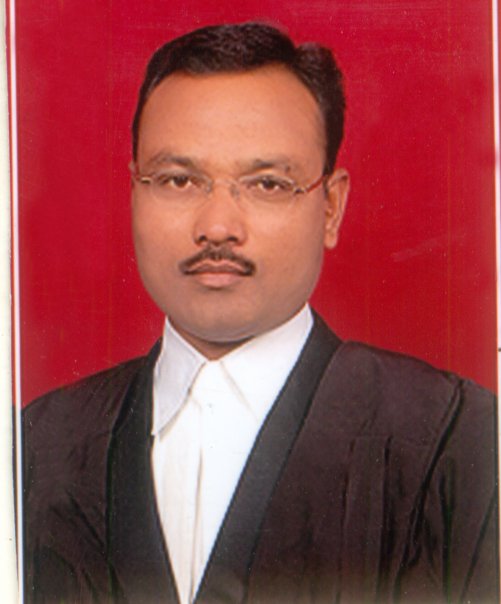Case Law Details
Case Name : Swami Keshwanand Sikshan Sansthan Vs CIT (ITAT Jaipur)
Related Assessment Year : 2010-11
Courts :
All ITAT ITAT Jaipur
Become a Premium member to Download.
If you are already a Premium member, Login here to access.
Sponsored
Swami Keshwanand Sikshan Sansthan Vs CIT (ITAT Jaipur)
We observe that the fund in question is a capital fund/corpus fund therefore, it is out of preview of the provisions of section 11(2) of the Act. Section 11 of the Act deals with the utilization of income of a trust. This section is not having any provision about the utilization of corpus donation/fund like general fund or other receipts. The amount so received to the assessee is a Corpus fund / donation, therefore is out of preview of the provisions of section 11(2) of
Please become a Premium member. If you are already a Premium member, login here to access the full content.
Sponsored
Kindly Refer to
Privacy Policy &
Complete Terms of Use and Disclaimer.





